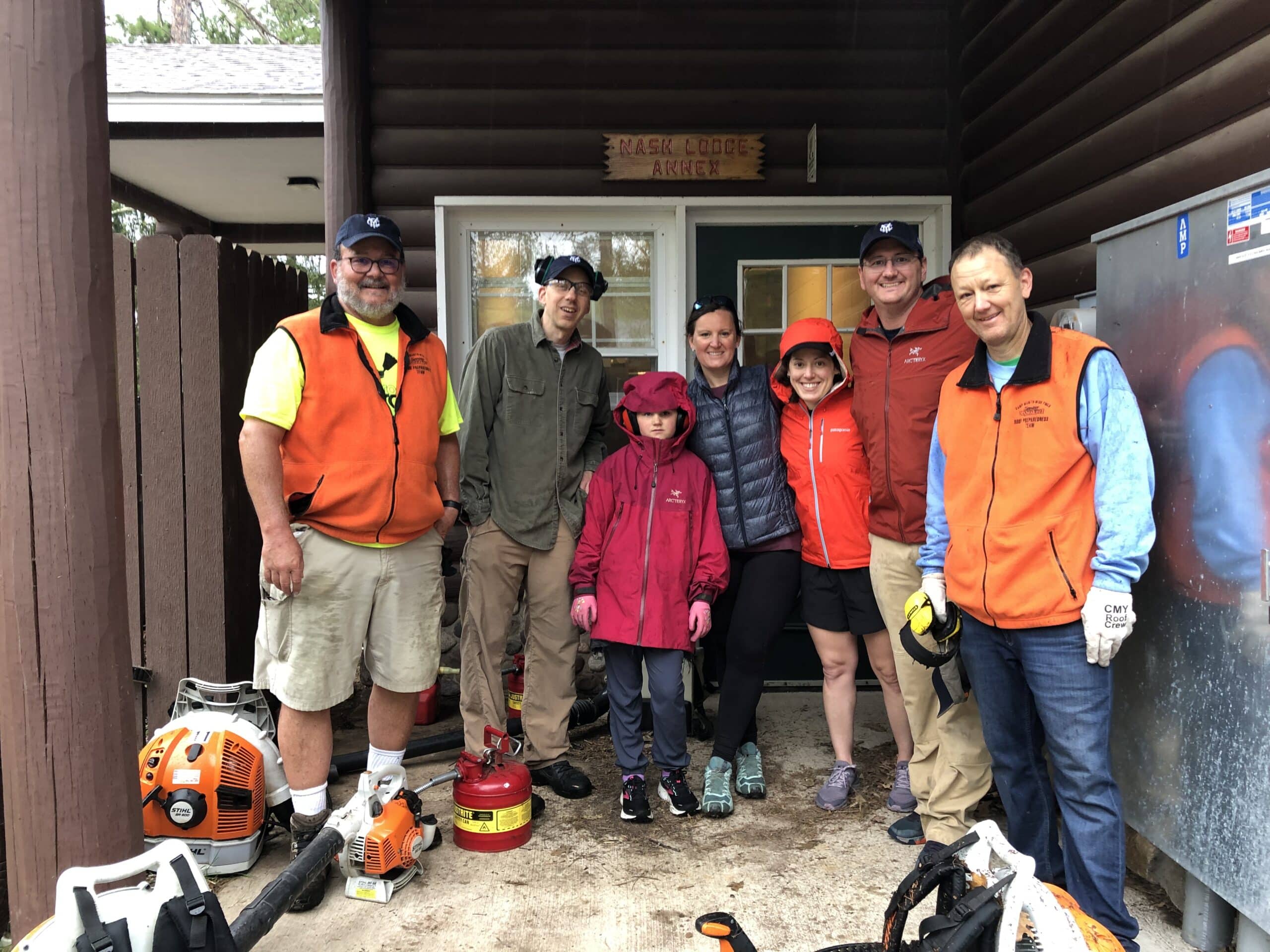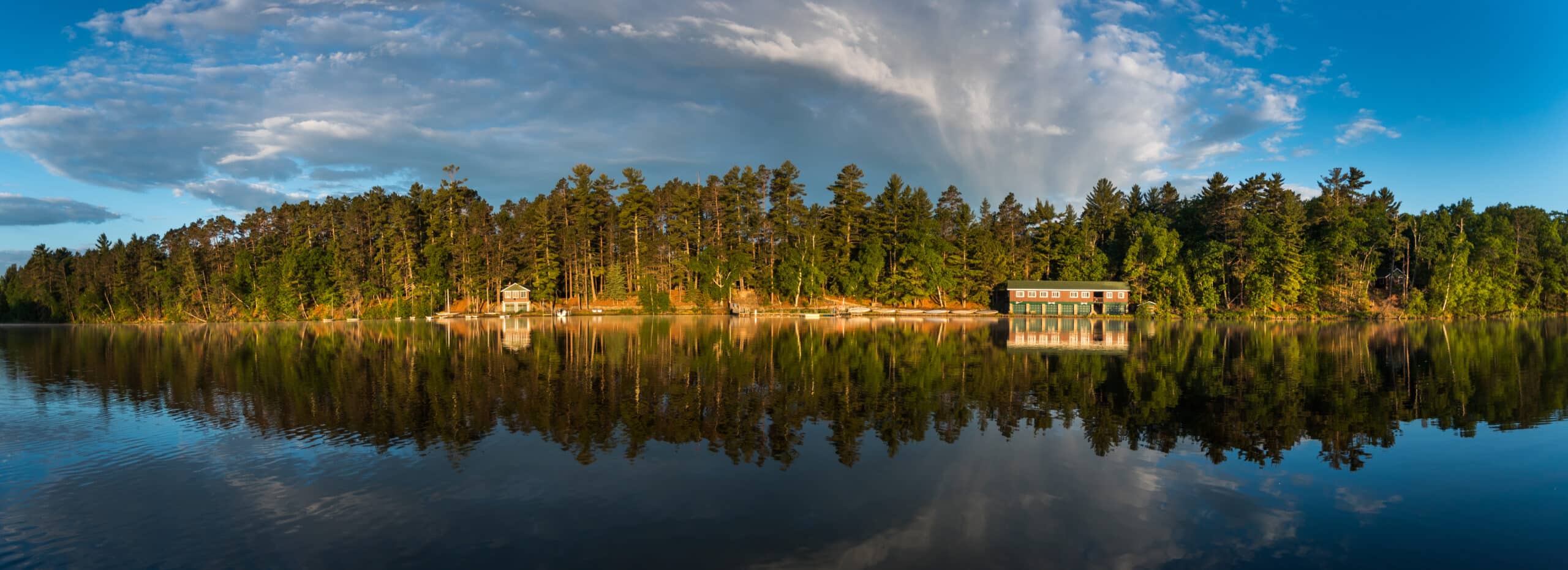What makes this summer camp so special? A unique outdoor experience awaits.
This location offers a specialized program combining outdoor recreation and nature-immersive learning. Activities likely include camping, hiking, and potentially nature-based educational workshops. It caters to a specific demographic, perhaps by age group, or by a particular interest in a specific outdoor activity.
The benefits of such a program are numerous: fostering teamwork, resilience, and self-reliance. Exposure to the natural world cultivates appreciation for the environment. The specific program design, activities, and staff, combined with the location's inherent qualities, create a unique learning opportunity. The historical significance of the site, if applicable, would further enrich the experience and provide an educational depth for participants.
Now, let's explore the specifics of the program, its history, and the particular advantages it offers. What are the core values of the program, and how do they support the overall experience? What kind of natural beauty surrounds this location? Further information about the program and its past successes would be beneficial in understanding its broader impact.
Camp Manitowish
Understanding Camp Manitowish necessitates exploring its multifaceted nature. Critical aspects, from its location to its program, contribute to the overall experience.
- Location
- Activities
- Learning
- Community
- History
- Impact
The location's natural beauty fosters a connection with the environment. Specific activities, like hiking and nature workshops, provide experiential learning. A strong sense of community among participants fosters shared experiences. Historical context adds depth, illustrating the camp's evolution. The positive impact of the camp on attendees is crucial. These combined elements paint a holistic picture of Camp Manitowish, highlighting its significant role in fostering personal growth and environmental stewardship. For example, a detailed history might showcase how the camp's programming has adapted to evolving societal needs. A description of the impact could include testimonials from alumni or reports on the environmental awareness cultivated.
1. Location
The location of a summer camp significantly influences its character and impact. For a camp like Manitowish, the specific geography plays a pivotal role in shaping the experience and opportunities available to campers. This exploration examines key aspects of the location's influence.
- Natural Surroundings
Proximity to natural features like forests, lakes, or mountains directly impacts the range of outdoor activities. A location rich in natural beauty offers ample opportunities for hiking, camping, and nature exploration, directly enhancing the program's ability to immerse campers in the natural world. The specific types of terrain also shape activities and the camp's overall aesthetic.
- Accessibility and Amenities
Ease of access, alongside availability of amenities like lodging and dining facilities, are crucial for logistical and operational efficiency. A convenient location, combined with adequate amenities, enhances the overall camper experience. This also factors into the experience for staff and program facilitators.
- Cultural Context
The historical significance or cultural context of the surrounding area contributes to the overall program. Camp sites located in areas with rich cultural heritage or historical landmarks can provide an additional layer of educational value to the program by expanding learning opportunities beyond the immediate camp grounds.
- Climate and Seasonality
Weather patterns and the seasonality of the area dictate both the types of activities that can be offered and the time frame for the program. Consideration of these factors is critical in planning activities and facilities that accommodate varying weather conditions. This necessitates a robust understanding of the region's climatic and seasonal variations.
The location of Camp Manitowish is thus more than just geography. It's a multifaceted element that informs the camp's activities, its educational value, and the overall experience for participants. The specific characteristics of the location play a vital role in determining the programs, staff requirements, and ultimately, the nature of the experience. A well-chosen location is crucial to Camp Manitowish's success and ability to offer its intended benefits.
2. Activities
Activities at a summer camp like Manitowish are intrinsically linked to its overall mission and the desired outcomes for participants. The selection and execution of activities directly impact the learning experience, fostering specific skills and attitudes. This section explores key facets of these activities.
- Nature-Based Programs
Activities rooted in nature are central to the experience. These might include hiking, camping, wildlife observation, and environmental education programs. The focus on practical application and hands-on learning within these programs allows for a profound connection with the natural world, fostering appreciation and understanding. Specific examples could be identifying local flora and fauna, or participating in ecological restoration projects.
- Skill-Building Exercises
Activities designed to develop practical skills are integral to a well-rounded summer camp experience. These could encompass team-building exercises, leadership training, or even basic life skills like cooking or first aid. These activities cultivate a sense of responsibility and cooperation, preparing participants for challenges encountered in various settings. A practical example would be navigating a simulated survival scenario or constructing a shelter.
- Creative and Cultural Exploration
The inclusion of creative and cultural activities enriches the camp experience, promoting a well-rounded development. Arts and crafts, storytelling, music, or dance workshops can expose participants to diverse forms of expression and cross-cultural understanding. These activities allow participants to explore their own creativity and appreciate the creativity of others. A sample could be a cultural performance from a local community or a collaborative storytelling session.
- Adaptive Programming
Consideration for diverse abilities is crucial. Inclusive activities catered to varying physical and cognitive needs create a welcoming and equitable experience for all participants. Adaptations might range from specific accommodations for different learning styles to modified outdoor activities, all contributing to a supportive and engaging atmosphere. This might involve incorporating assistive technologies or offering alternative, accessible options for certain activities.
The effective integration of these diverse activity types at Camp Manitowish directly contributes to a well-rounded learning experience. The balance between nature-immersion, skill development, and creative exploration shapes a valuable and meaningful summer program. Further details regarding specific program content would enhance understanding of the program's aims and how activities contribute to achieving them.
3. Learning
Learning at a summer camp like Manitowish is not merely an ancillary activity; it's the central purpose. The design of the camp fundamentally hinges on fostering learning experiences. The effectiveness of such a camp hinges on the integration of structured learning into the daily schedule and the environment. Experiential learning, characterized by direct interaction with nature and challenges, is a hallmark of effective programs. This approach fosters a deeper understanding of concepts than traditional classroom settings might allow. Practical applications of knowledge learned through hands-on experience are central to this learning model.
The camp's learning approach often emphasizes collaboration and problem-solving. Camps frequently structure activities that necessitate teamwork and decision-making within a dynamic, outdoor setting. These activities develop crucial life skills applicable to various situations beyond the camp. For example, navigating a challenging hike necessitates teamwork, strategic planning, and resilience skills directly transferable to academic and professional environments. Similarly, workshops emphasizing environmental conservation foster a critical awareness and responsible approach to environmental stewardship. This focus on practical application, often integrated into outdoor settings, distinguishes this form of learning from traditional didactic approaches. The importance of critical thinking, adaptability, and creative problem-solving in real-world scenarios cannot be overstated. A key example may be a scenario where campers must adapt their plans due to unexpected weather or logistical issues.
The focus on learning at a summer camp like Manitowish underscores its significant role in personal and societal development. Effective programs cultivate a deep appreciation for the natural world, fostering environmental stewardship and responsible decision-making. The approach, by encouraging participants to actively participate in their learning, cultivates essential life skills that extend beyond the immediate camp experience. The emphasis on practical, experiential learning, combined with collaborative problem-solving in a supportive environment, contributes to a holistic development. By emphasizing application, camps cultivate an appreciation for the complexities of the natural world and promote crucial skillsets for the future.
4. Community
The concept of community is deeply interwoven with the fabric of a summer camp like Manitowish. The camp's success hinges on the cultivation of a supportive and engaging community experience. This encompasses not only the relationships forged among campers but also the bonds formed between campers and staff, fostering a shared purpose and experience. Strong community ties enhance the learning environment, enabling campers to benefit from diverse perspectives and collaborative problem-solving. The shared experience creates a sense of belonging, crucial for personal growth and development.
The importance of community as a component of Manitowish is evident in the camp's programming. Activities frequently encourage collaboration and interaction among participants, creating opportunities for campers to develop social skills, leadership qualities, and a sense of shared responsibility. Practical examples include collaborative projects, shared meals, and group challenges. Such experiences foster a sense of collective identity, promoting a supportive environment where campers can feel secure in exploring their abilities and fostering new relationships. These shared experiences create a powerful framework for personal growth, as demonstrated by increased self-confidence and improved communication skills observed in program participants. The creation of a structured, supportive community promotes both individual and collective growth.
Ultimately, the understanding of community within the context of a summer camp like Manitowish underscores its vital role in shaping the overall experience. The cultivation of strong community bonds directly impacts camper well-being and fosters personal growth. Effective communication and shared goals are central to establishing a thriving community at the camp. A deep understanding of these dynamics is critical for maintaining the positive atmosphere and learning environment that defines the camp experience. Camps that successfully cultivate a strong sense of community, therefore, stand as powerful models for fostering personal development and social cohesion.
5. History
The historical context of a camp like Manitowish is crucial for understanding its present character and future trajectory. A camp's past influences its programs, its ethos, and its overall impact on participants. Analyzing historical elements illuminates the evolution of the camp's values and practices, offering insights into its enduring significance. This exploration examines key historical components relevant to a summer camp's development.
- Founding and Early Years
The founding narrative, including the motivations and vision of the founders, provides a crucial baseline. Details about initial programs, the camp's location choices, and the target demographic, illuminate the camp's genesis. These early stages often reflect the values and aspirations of the community it served, offering a glimpse into the social and cultural context of the era. Examining the founding documents, or oral histories of participants, reveals the mission's initial focus and the specific needs it addressed.
- Evolution of Programming
Understanding how the camp's activities and curriculum have evolved over time is essential. Changes in programming reflect societal shifts, changing educational philosophies, and the camp's adaptation to new challenges. Analyzing these adaptations underscores the camp's ability to remain relevant and responsive to evolving needs. For example, the introduction of new activities or the shifting emphasis on certain skill sets may reveal how the camp has adjusted its mission over time.
- Impact of Major Events
Significant historical events, both local and global, inevitably impact the camp's activities and development. Examining how these events influenced the camp's operations and policies is a vital step. Examples include shifts in economic conditions, changes in access to resources, or global events that might have altered the camp's focus. Understanding these influences helps clarify how the camp has responded and adapted.
- Legacy and Continuity
Examining the camp's ongoing legacy provides insights into its enduring impact. This includes evaluating the impact on participants, its relationship with the surrounding community, and its contribution to societal values. Tracing the camp's impact on individuals and society offers a comprehensive view of its historical significance and its role in fostering specific values and shaping future generations.
By examining these historical facets, a more comprehensive understanding of a summer camp's enduring significance and evolution emerges. The past informs the present, shaping the camp's current ethos and activities, and ultimately impacting the future.
6. Impact
The impact of a summer camp like Manitowish extends far beyond the immediate experience. Evaluating this impact necessitates a nuanced understanding of its influence on individuals and the broader community. The lasting effects of a program such as this are substantial, influencing not only participants' personal development but also contributing to the surrounding environment and societal values. Analyzing the various facets of this impact illuminates the camp's true significance.
- Personal Growth and Development
The program's impact on individual campers is a primary concern. Success is measured through demonstrable personal growth in areas like resilience, self-reliance, and teamwork. Participants often report an enhanced ability to handle challenges, demonstrating the effectiveness of activities fostering problem-solving and leadership. This personal development extends beyond the camp, affecting academic performance, social interactions, and future career choices. Observed improvements in communication skills, or in conflict resolution, provide tangible evidence of personal growth.
- Environmental Stewardship
A camp's impact often extends to environmental awareness. Experiences focused on nature, such as hiking, conservation initiatives, or ecological studies, foster a deeper understanding and appreciation of the natural world. This, in turn, can inspire a commitment to environmental protection, demonstrating the lasting effect of the program on attitudes and behaviors. A demonstrable increase in environmental awareness among participants, combined with their involvement in local conservation efforts, illustrates the effectiveness of such programs.
- Community Engagement
The camp's impact extends beyond individual campers to the broader community. The program often fosters a spirit of cooperation and shared experience. Campers may participate in community projects, volunteering their time and skills. The camp also provides employment and revenue opportunities for local businesses and organizations, enhancing the local economy. A partnership with a local nature reserve showcasing community service initiatives, or increased donations to environmental causes by alumni, illustrates the wider engagement fostered.
- Long-Term Impact on Participants
Longitudinal studies of former campers, or testimonials, can offer valuable insights. The impact, as perceived and expressed by alumni, can elucidate how experiences shaped future decisions, career paths, and life choices. A high retention rate among participants, or consistent positive feedback about program influence in alumni surveys, demonstrates the continued impact of the summer experience.
Ultimately, the multifaceted impact of a summer camp like Manitowish is crucial to evaluating its overall success. The personal growth of individuals, their engagement with the environment, the benefit to the community, and their sustained commitment to the principles instilled all reflect the camp's profound and lasting influence. Analyzing these interwoven factors is essential to understanding the true value and lasting significance of the camp experience.
Frequently Asked Questions (Camp Manitowish)
This section addresses common inquiries regarding Camp Manitowish, providing clear and concise answers to frequently asked questions. Campers, prospective attendees, and community members can utilize this information for a better understanding of the camp's offerings and policies.
Question 1: What is the age range for participants at Camp Manitowish?
Camp Manitowish typically caters to campers aged 8 to 18, though specific age ranges may vary from year to year. Verification of the specific age range is crucial for each program session.
Question 2: What types of activities are offered at Camp Manitowish?
Camp Manitowish provides a comprehensive range of activities, primarily focused on outdoor recreation. These typically include nature-based programs, such as hiking, camping, and wildlife observation; skill-building exercises, like teamwork and leadership training; creative and cultural exploration; and opportunities for environmental stewardship. Detailed descriptions of specific activities are available on the camp's official website and/or program materials.
Question 3: What is the overall philosophy of Camp Manitowish regarding learning?
Camp Manitowish prioritizes experiential learning. The program emphasizes practical application of knowledge through hands-on engagement with the natural environment and challenging activities. This approach differs from a traditional classroom setting and fosters a deep understanding of concepts through direct experience.
Question 4: What support systems are in place for campers with diverse needs?
Camp Manitowish strives to create an inclusive environment. Appropriate accommodations are implemented to meet the varying needs of campers. This includes modifications to activities, ensuring accessibility, and utilizing support staff to enhance participation for all campers. Specific details regarding accommodations should be requested from the camp's administration.
Question 5: How can I register my child for Camp Manitowish?
Registration procedures are outlined on the camp's website. Deadlines and requirements for participation are clearly communicated. Detailed instructions on the registration process, including required documentation and fees, are provided on the official website.
These FAQs offer a foundational understanding of Camp Manitowish. For further information, direct inquiries to the camp's administrative staff or consult the official website.
This concludes the Frequently Asked Questions section. The subsequent section will delve into specifics about the camp's location, facilities, and staff.
Conclusion
This exploration of Camp Manitowish reveals a multifaceted program deeply rooted in experiential learning and environmental stewardship. Key aspectslocation, activities, learning methodologies, community building, historical context, and impactintertwine to create a unique summer camp experience. The program's commitment to fostering personal growth, promoting environmental awareness, and engaging the wider community underscores its significance. The camp's long-term impact on participants, demonstrated through personal development and environmental action, signifies a valuable contribution to individual and societal well-being. The commitment to inclusivity, adaptable programming, and community engagement strengthens the camp's role as a model for similar programs.
The success of Camp Manitowish hinges on the ongoing commitment to its core values. Maintaining a strong emphasis on experiential learning, fostering a supportive community environment, and adapting to evolving societal needs will be critical to its continued positive impact. Further research into best practices and the long-term outcomes for participants will be essential to refine and enhance the camp's program, ensuring its enduring relevance and effectiveness for future generations.


